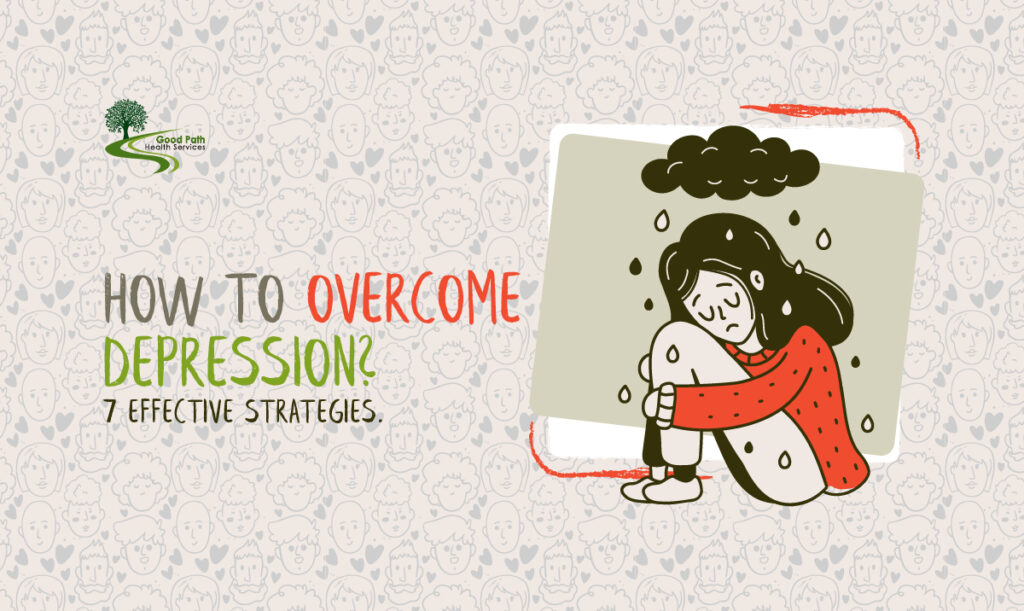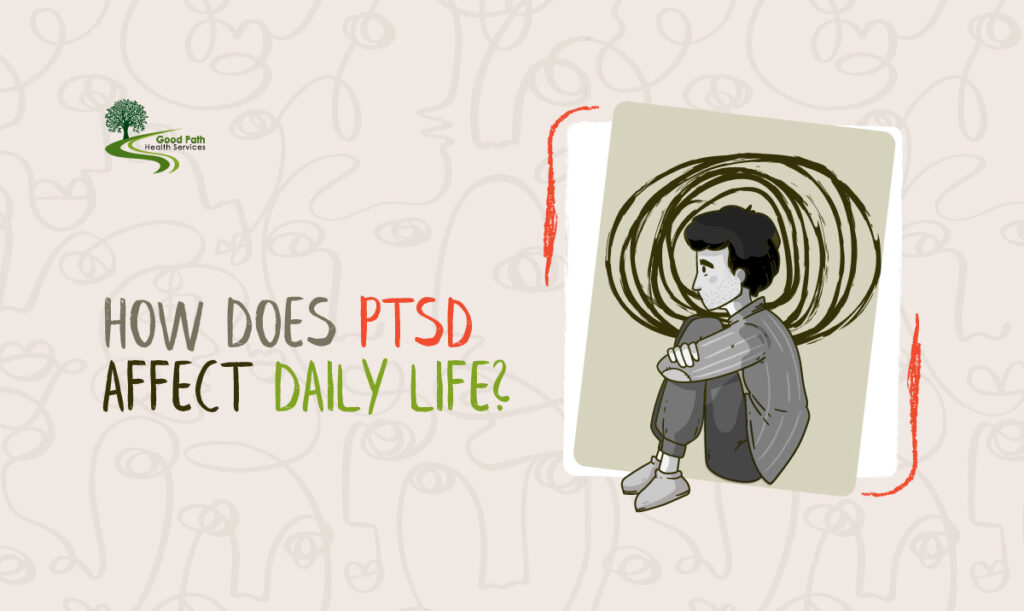
ADHD is one of the most common mental health disorders. It can affect both adults and children.
A lot of people struggle with ADHD, and being able to comprehend what it’s like to have ADHD is not easy for those who don’t really experience it.
What does ADHD feel like, exactly?
Below, we will share the experiences and emotions those with ADHD go through in a day, offering a window into their world.
The Way ADHD Impacts A Person
Many people might think that ADHD means a ‘lack of focus’ but it can mean so much more than that.
ADHD impacts a person’s:
- Thinking patterns.
- Emotions.
- Behavior styles.
This translates into how they live their daily lives.
Signs of ADHD
Here’s a look at some of the symptoms:
- Problems Maintaining Attention: Some individuals with ADHD have attention deficits or challenges in concentrating on what they find tedious, particularly activities that they find boring. This is how everyday simple activities can sometimes be mentally taxing.
- Impulsivity: This is the capability to perform actions without thinking through the consequences.
- Hyperactivity: Overactive behaviour and other such symptoms whereby people may show a persistent need to remain in motion.
These symptoms give rise to an intricate mental landscape which makes it hard for any ADHD affected person to have a peaceful mind.
What Does ADHD Feel Like?
ADHD-afflicted individuals have challenges in their day-to-day lives that revolve around some obstacles being different one way or the other.
Here are some firsthand experiences of what it’s like to have ADHD:
Inattention
People with ADHD describe their minds as cluttered or scattered — which can be an inability to focus or concentrate.
Tasks can feel like an uphill battle, and their thoughts can be disorganized.
Even simple noises or movements can distract them and irritate them, which can make them unable to accomplish something.
Hyperactivity
Hyperactivity can be described as an internal engine that constantly runs.
People may fidget, feel restless or nervous, and are unable to remain seated for lengthy periods.
For some people, it’s mental too—thoughts can run constantly, which can make them feel mentally exhausted.
Impulsivity
One very common symptom of ADHD is impulsivity which can be described as doing something without thinking of the consequences.
For instance, being unable to control what one says and blurting out something they end up regretting.
Patience is also difficult, both in the sense of waiting for something or standing in line.
Related:
ADHD Thinking Patterns: How They Affect Daily Life
ADHD thinking patterns are evident across the everyday aspects of life including interpersonal relationships as well as job selection.
The following part will show how these patterns play out.
Hyperfocus and Inattention
A rather fascinating yet one of the complex aspects of ADHD is hyperfocus.
If a person with ADHD is motivated sufficiently, they can get completely engrossed in a topic to the point of neglecting meals or time.
On the other hand, it can be very hard work to stop doing interesting things and focus instead on less exciting tasks.
Emotional Sensitivity
People with ADHD know when something is wrong emotionally and they may become offended easily or feel left out.
This sensitivity can impact the relationships since an ADHD person may spend much time overthinking the existing interactions or may be experiencing social exclusion.
The ADHD Mindset: Finding Strengths Within Challenges
Oftentimes living with ADHD brings with it a few tough challenges.
However various people have figured out how to harness the ADHD mindset to their advantage and transform their disadvantages into benefits.
Creativity and Innovation
ADHD thinking patterns are often non-linear, which allows such people to think outside of the box when faced with a particular problem.
However, since their imaginative processes can be quite fluid, they can come up with creative solutions to given problems.
This level of versatility can be a great help in more creative-orientated work.
Resilience and Determination
Lots of people suffering from ADHD become incredibly tenacious as a result.
With the inability to do simple things we take for granted every day such people through sheer willpower find a way around it.
If there is one thing that can be said about ADHD, it is that people who suffer from it are incredibly strong in character and able to persevere in their unique manner.
Coping Strategies and Support for ADHD
Most of the time life with ADHD can be overwhelming but that does not mean that there is no way out and no support to be found.
Mindfulness and Meditation
Mindfulness or meditation practice can assist an individual with controlling unwanted thoughts and focusing on the tasks ahead of them.
These activities assist in building focus, thereby minimizing anxiety and aiding concentration on goals.
Cognitive Behavioral Therapy (CBT)
CBT is an additional technique that helps control the way people with ADHD think or their cognitive approach.
In therapy, people with ADHD and unwanted thoughts could manage to change their thinking positively.
Support from Mental Health Professionals
For those who feel overwhelmed, getting help from a professional can do wonders. A doctor with ADHD specialty can offer the individual useful strategies for coping.
Embracing Life with ADHD
Living with ADHD presents challenges and rewards.
It is a disorder that is associated with intrusive and impatient thoughts and scattered attention but in essence, it helps individuals to be tougher, more imaginative, and more flexible.
Individuals suffering from ADHD tend to develop into adaptable and compassionate people, having different insights to the benefit of society.
Getting Support: Good Path Health Services Can Help
If you or someone you know is going through the struggles of ADHD, there is help available out there.
Good Path Health Services offers specialized care for individuals with ADHD, providing resources to manage symptoms and build effective coping strategies.
Do not suffer from these challenges alone – contact Good Path Health Services today to discover pathways to a more balanced life.
FAQs
What is a constant stream of ADHD intrusive thoughts?
ADHD introduces a flood of thoughts that can be disruptive and mostly unrelated to the activity being done.
This characteristic is particularly observable in the cases of ADHD intrusive thoughts, which may be anxious, or involve some hypothetical scenarios.
Are intrusive thoughts and ADHD paranoia linked?
As for other people, such unwanted thoughts can develop into ADHD paranoia.
Paranoia isn’t a disorder related to ADHD but the worrying thought process does make the person feel like there are threats even when there aren’t any.



